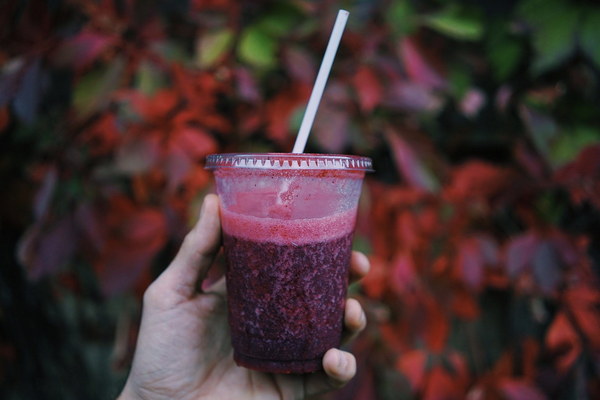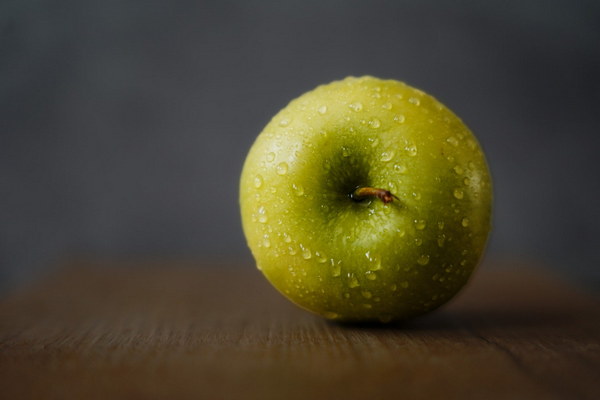Traditional Chinese Medicine Unveiling the Art of Tonification and Its Therapeutic Applications
Introduction:
Traditional Chinese Medicine (TCM) has been practiced for thousands of years, and its principles have been deeply rooted in the cultural and philosophical beliefs of Chinese society. One of the core concepts in TCM is the importance of balancing the body's energy, known as Qi (Chi), to achieve optimal health. This article aims to explore the concept of tonification in TCM, its therapeutic applications, and its significance in maintaining overall well-being.
I. Understanding Tonification in Traditional Chinese Medicine
1. Definition of Tonification
Tonification, in the context of TCM, refers to the process of strengthening and replenishing the body's vital energy, Qi, and Yin and Yang. It involves the use of herbal remedies, dietary adjustments, and lifestyle modifications to enhance the body's resistance to diseases and improve overall health.
2. The Importance of Tonification
According to TCM, the body's energy, Qi, is essential for maintaining health and vitality. When Qi is deficient or imbalanced, it can lead to various health issues. Tonification helps to restore and maintain the balance of Qi, promoting healing and preventing diseases.
II. Therapeutic Applications of Tonification in TCM
1. Herbal Remedies
TCM utilizes a wide range of herbs to tonify the body. Common tonifying herbs include ginseng, codonopsis, astragalus, and ho shou wu. These herbs are believed to support the immune system, enhance energy levels, and improve overall well-being.
2. Dietary Adjustments
Dietary tonification is another crucial aspect of TCM. It involves incorporating specific foods and nutrients that help to replenish and balance the body's energy. Foods such as meat, nuts, and grains are considered to be tonifying and are often recommended to patients seeking to boost their Qi.
3. Lifestyle Modifications
Lifestyle plays a significant role in tonification. Regular exercise, adequate sleep, stress management, and maintaining a healthy social life are all essential factors in restoring and maintaining Qi. Practices such as Tai Chi, Qigong, and meditation are also recommended to help balance the body's energy.
III. The Significance of Tonification in Modern Healthcare
1. Complementary Medicine
Tonification in TCM serves as a complementary therapy to conventional medicine. It helps to address the root cause of illness rather than merely treating symptoms. This holistic approach can enhance the effectiveness of conventional treatments and improve overall patient outcomes.

2. Preventive Healthcare
One of the primary goals of tonification is to prevent diseases. By strengthening the body's immune system and balancing Qi, tonification can help individuals maintain good health and reduce the risk of developing chronic conditions.
Conclusion:
Tonification in Traditional Chinese Medicine is a profound concept that has been practiced for centuries. By focusing on the balance of Qi, Yin, and Yang, TCM offers a unique approach to healthcare that emphasizes preventive measures and holistic treatment. As the world continues to recognize the value of alternative medicine, the therapeutic applications of tonification in TCM will undoubtedly gain more attention and acceptance in modern healthcare systems.









